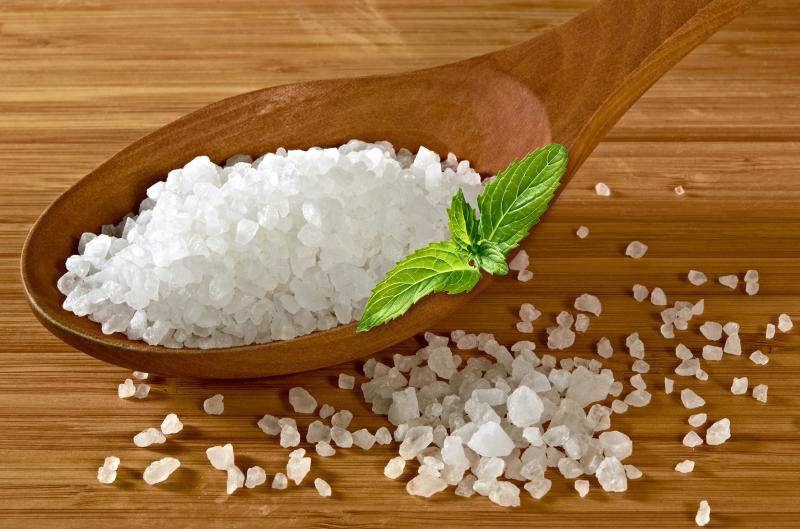
A coaching intervention may help reduce sodium intake in patients with chronic kidney disease (CKD), a study has shown.
The study included 99 adults with CKD stages 1–4 or an estimated glomerular filtration rate (eGFR) of ≥25 mL/min/1.73 m2, hypertension, and sodium intake >130 mmol/d. They were randomized to receive routine care alone (control) or in combination with a web-based self-management intervention. The self-management intervention involved individual e-coaching and group meetings implemented over 3 months, followed by e-coaching over a 6-month maintenance period.
Baseline eGFR in the cohort was 55.0 mL/min/1.73 m2. Sodium excretion after the 3-month intervention phase decreased significantly in the group that received e-coaching, from 188 mmol/d at baseline to 148 mmol/d (p<0.001). In contrast, the change was not significant in the control group. Accordingly, mean sodium excretion was lower by 24.8 mmol/d in the intervention group (p=0.049).
In addition, systolic blood pressure (SBP) decreased from 140 to 132 mm Hg at month 3 (p<0.001) in the intervention group, whereas it remained unchanged in the control group. Mean difference in SBP between the two groups was −4.7 mm Hg (p=0.1).
During the maintenance phase, sodium excretion increased in the intervention group, although the mean value was still lower vs baseline (160 mmol/d; p=0.01). On the other hand, it decreased in the control group, from 174 mmol/d at month 3 to 154 mmol/d (p=0.001). Consequently, neither sodium excretion nor SBP significantly differed between the two groups after the maintenance phase.
According to researchers, the lack of between-group difference in the outcomes examined during the maintenance phase might be explained by inadvertent adoption of the intervention by the control group.